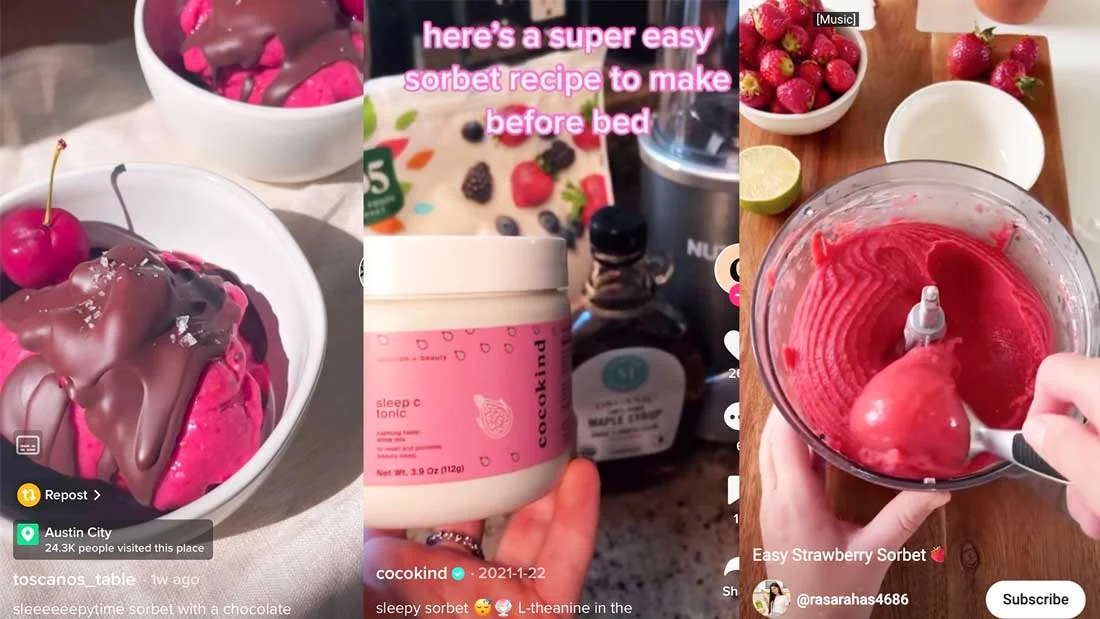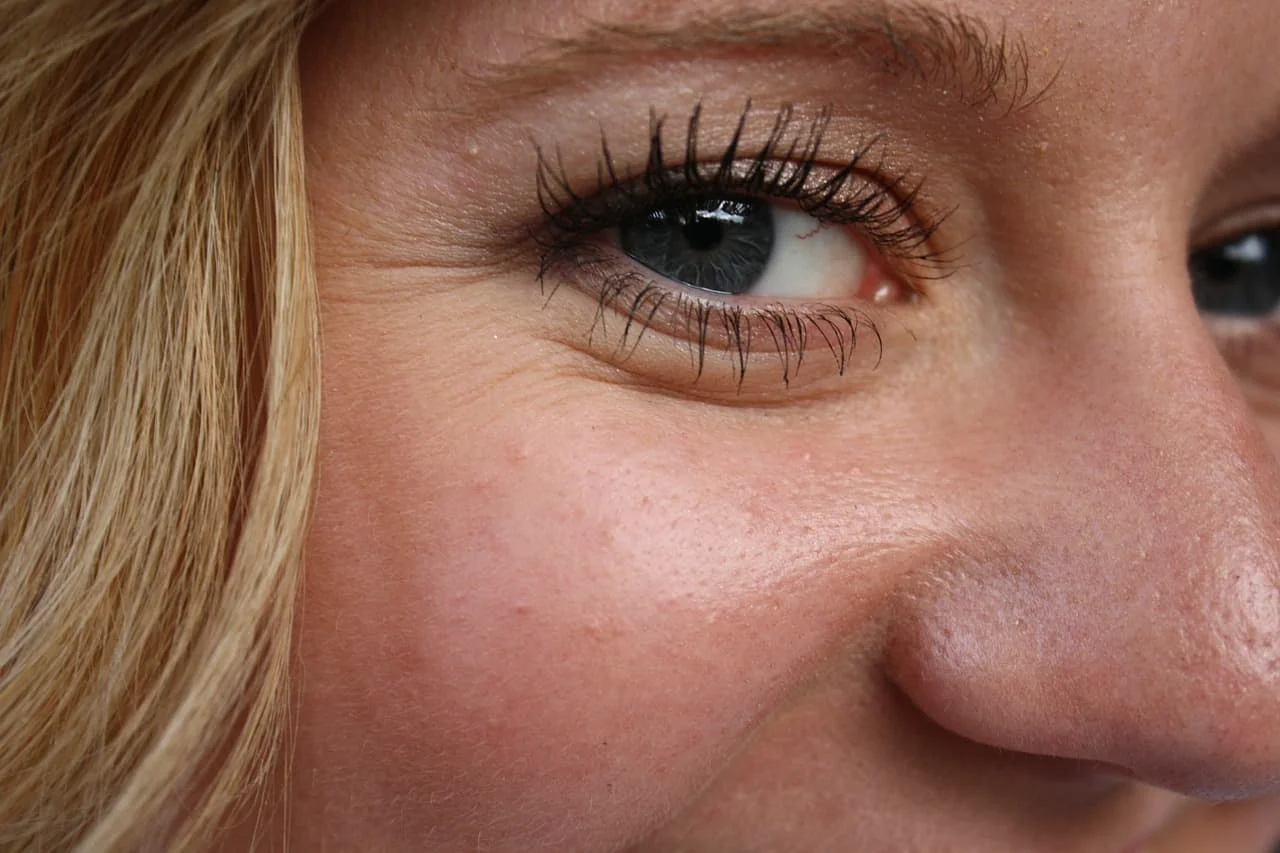
When you’re having a sleepless night, it can be easy to reach for sleep supplements like melatonin to help you finally drift off to sleep. Additionally, it seems like there’s a new influencer or TikTok trend claiming that melatonin is the cure-all to your sleep problems. To boot, melatonin seems pretty safe; it’s sold at grocery stores, and it’s been used for years.
However, not everyone is so onboard with melatonin. Over the past few years, there has been a growing number of doctors and experts advising against melatonin use in particular cases. For example, there has been ample research that the short term use of melatonin is perfectly safe, while long term use does not have the same scientific proof, and is therefore not recommended. (1)
Additionally, CNN reported the melatonin industry was asked to tighten its standards around labeling and warnings after there was an increased amount of children hospitalized due to melatonin related incidents. (2)
Recently, the Daily Mail reported that Dr. Michael Berus, also known as the Sleep Doctor, claimed that melatonin is one of the most misused supplements related to sleep. Berus went on to say that “Melatonin is a sleep regulator, not a sleep originator.” (3) Essentially, Berus is claiming that melatonin won’t help you get to sleep, but regulate the sleep that you are already getting.
We’ve gone ahead and broken down everything you need to know about Berus’s claims: if melatonin is really overused, how it affects your sleep, and how much you should really be taking.
Is Melatonin Really Overused?
Sleepopolis’s director of sleep health Dr. Shelby Harris has this to say on melatonin usage: “People think that melatonin is a natural cure for insomnia but the reality is that there’s not a lot of data in support of this. They also tend to take way too much of it. Anything more than 3mg is considered a hefty dose.” Thanks to the marketing of melatonin in stores and by influencers online, it has become a catch-all sleep aid, when in reality it has some pretty specific use cases.
For example, Dr. Harris says, “Where we do routinely use melatonin in sleep medicine is for helping to shift the body’s circadian rhythm (body clock). We use tiny doses (1/2 to 1mg max!) at very specificity times multiple hours before bed to help gradually shift the body clock. This is for people who can get a full night’s sleep but not on the schedule that they need.”
So the answer is that melatonin is probably a bit overused these days. However, if you’re having trouble sleeping and you want to take melatonin, talking to your doctor and finding out how much melatonin you could be taking and how it might affect you are good ways to make sure you’re not taking a supplement that isn’t going to help you out.
How Does Melatonin Affect Your Sleep?
Melatonin is a hormone that is naturally produced by your body to help regulate your sleep-wake cycle. The idea is that by taking melatonin when you cannot sleep, you trick your body into translating the increased presence of melatonin to a need to sleep. Your body usually begins producing melatonin after the sun goes down and continues to do so throughout the night. (4)
Dr. Harris notes that melatonin does have a couple of side effects, when taking melatonin in the short term, you might experience some “vivid dreams and nightmares, headaches, nausea, grogginess and dizziness.” Depending on the severity of these side effects and your sensitivity to them, things like vivid dreams, nightmares, and nausea can disrupt your sleep and make it a bit harder to get a good night’s rest.
How Much Melatonin is Too Much Melatonin?
According to Dr. Harris, “Anything more than 3mg of melatonin is considered a hefty dose.” She adds that, “If you need to keep taking more and more, it isn’t working.” At big box retailers and grocery stores, you can get all sorts of melatonin gummies and pills that claim to have anywhere from 1 milligram to 10 milligrams of melatonin.
However, Dr. Harris notes that “melatonin isn’t regulated by the FDA in the US, so there is a lot of variability in what’s in each bottle — there’s also no governing body making sure that what it says on the bottle is actually what’s in it.” So, if you and your doctor have decided that melatonin is right for you, be sure to be careful about what you are taking and only take a dose that your doctor has recommended.

“Sleepy Sorbet” Is Everywhere, But Does It Work? I Tried It Out Myself

10 Sleep Trends for 2024: Separating Fads from Science

Almost Half of Parents Have Given Their Children Melatonin to Sleep, New Survey Shows

According to Research, Could Melatonin Also Improve Eyesight?
Sources
- Melatonin: What you need to know. National Institute of Health. May 2024. https://www.nccih.nih.gov/health/melatonin-what-you-need-to-know
- LaMotte, Sandee. Melatonin industry asked to voluntarily tighten standards after dramatic rise in childhood ER visits. CNN. Updated April 16, 2024. https://www.cnn.com/2024/04/15/health/melatonin-safety-standards-wellness/index.html
- Srivastava, Ishita. Sleep doctor warns this ‘is the most misused supplement in the world’. Daily Mail. September 3, 2024. https://www.dailymail.co.uk/news/article-13810111/Sleep-experts-misuse-melatonin-overdose-sick.html
- Melatonin. Cleveland Clinic. July 5, 2022. https://my.clevelandclinic.org/health/articles/23411-melatonin


























